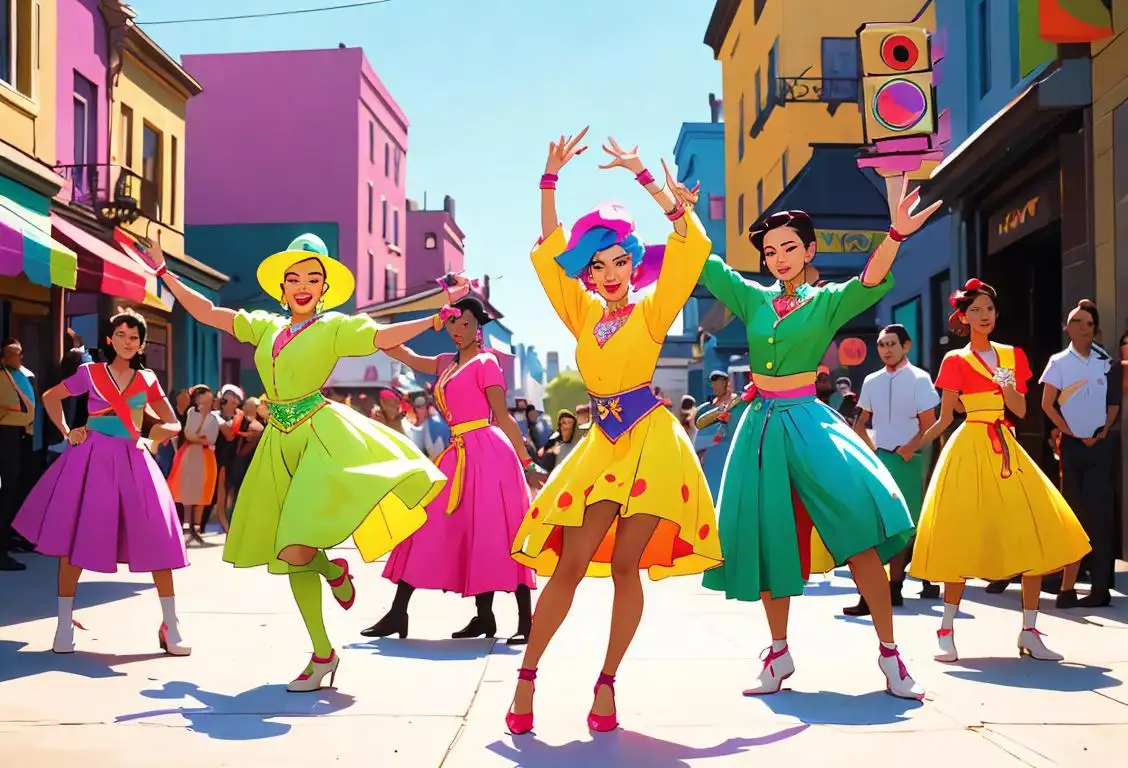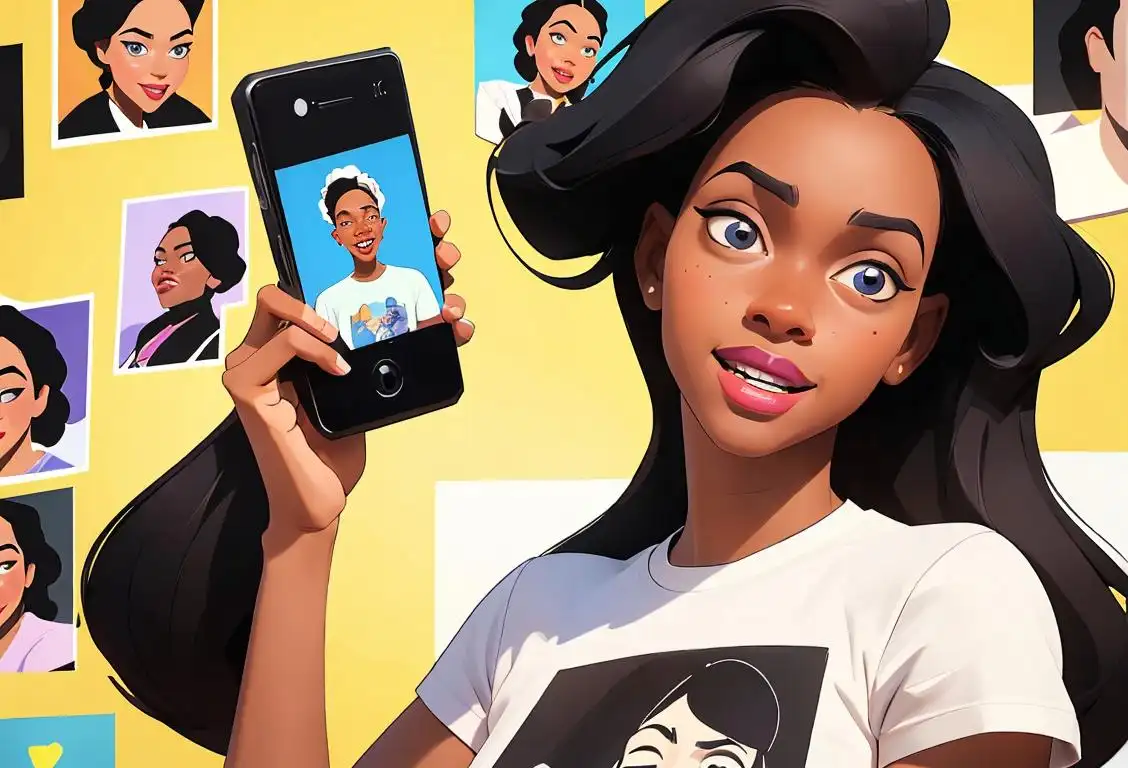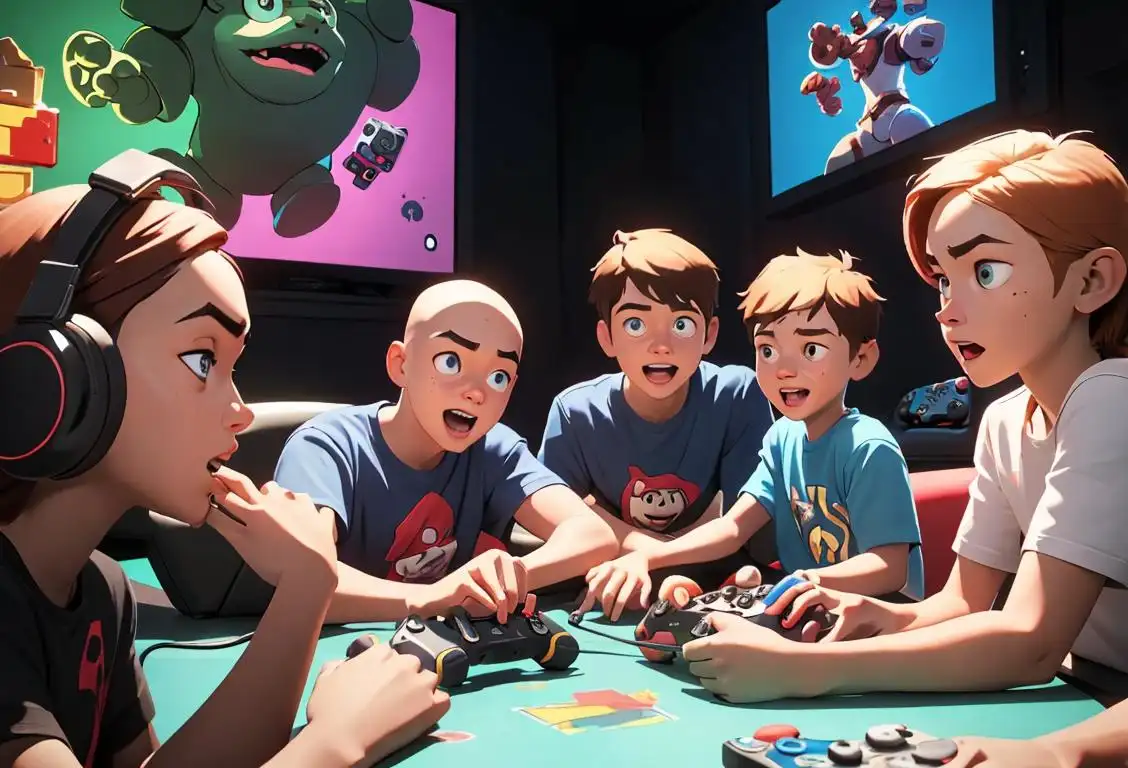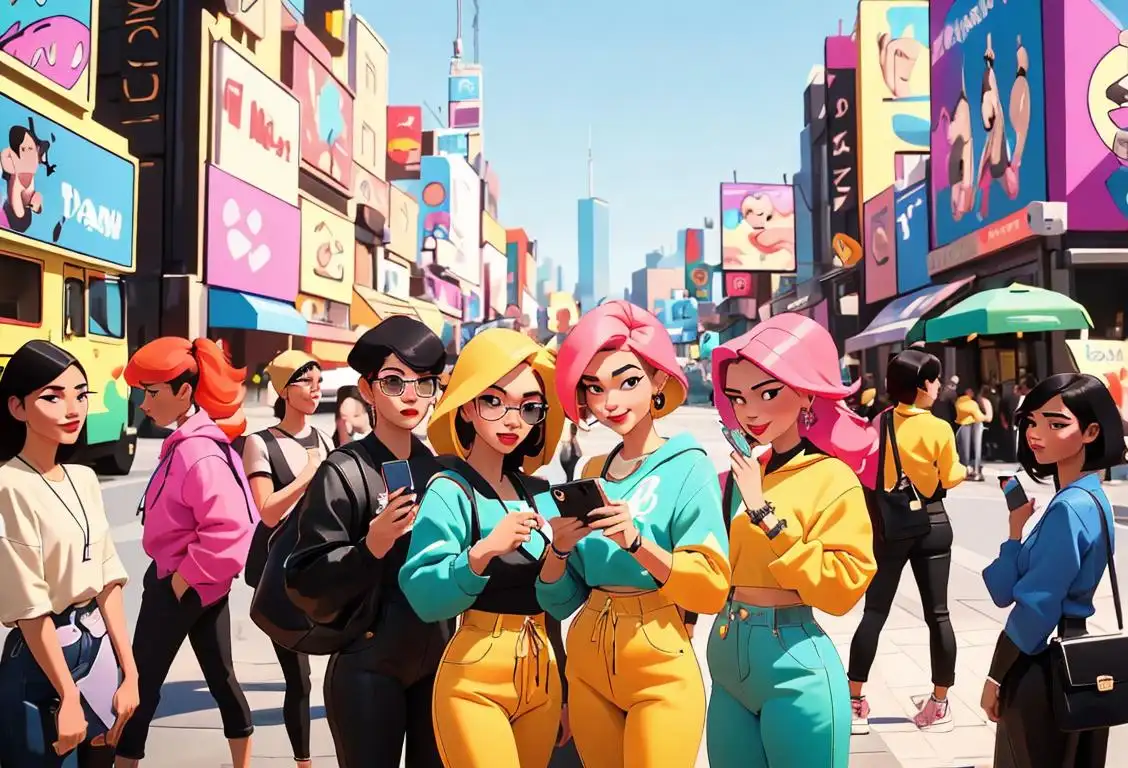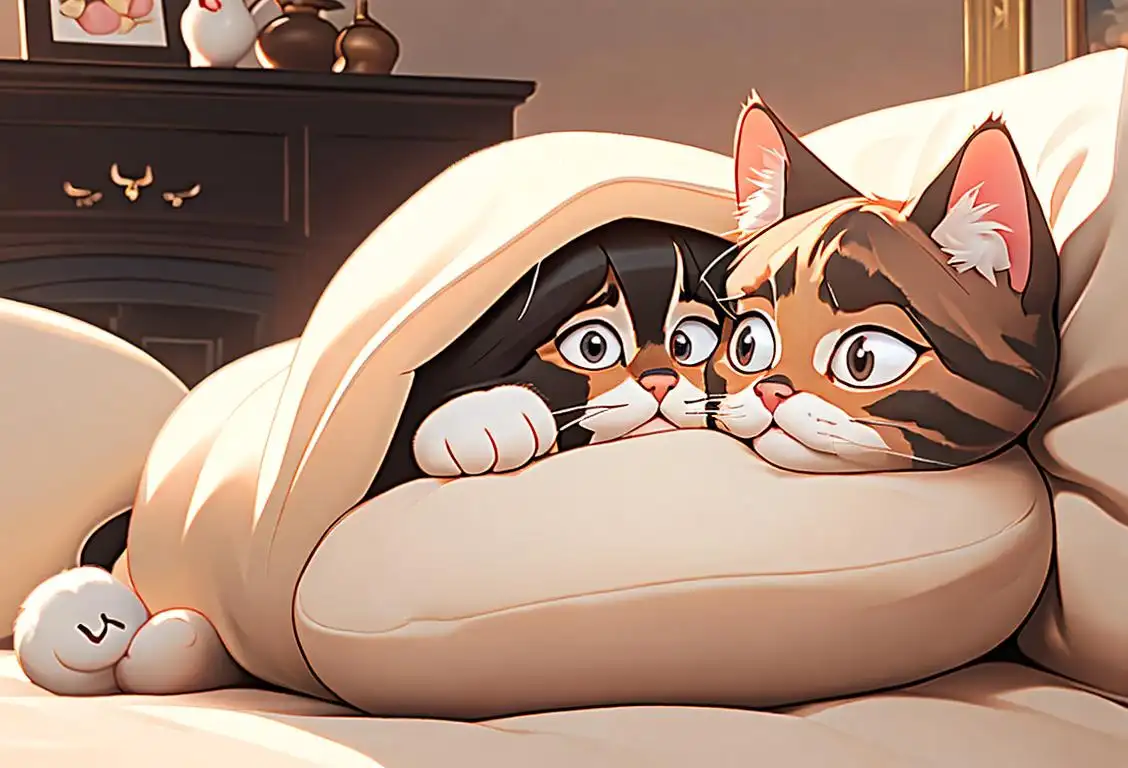National Copycat Day

Welcome to the wacky world of National Copycat Day! This marvelous and slightly mischievous day is all about embracing our inner imitators and celebrating the art of mimicry. Whether you want to don a famous celebrity's outfit or try your hand at recreating a viral internet challenge, National Copycat Day gives you the perfect excuse to have some hilarious fun. So, hold onto your hats and get ready to channel your inner copycat!
When is Copycat Day?
It's national copycat day on the 25th June.
The Origins of National Copycat Day
While the internet has certainly amplified our ability to mimic others, the concept of imitation has been around for centuries. From tribute acts impersonating Elvis Presley to street performers imitating famous painters, people have always had a fascination with copying the works and actions of others.
Fast forward to the digital era, and we find ourselves bombarded with opportunities to copy and recreate. Social media platforms like TikTok and YouTube have given rise to countless challenges and trends that spread like wildfire. Remember the Ice Bucket Challenge or the Mannequin Challenge? Ah, good times!
As for the origin of National Copycat Day itself, it's a bit of a mystery. Perhaps it was inspired by the countless copycat crimes reported in the news or simply by the human desire to emulate our heroes. Whatever the reason, National Copycat Day encourages us to have some harmless fun as we embrace the entertaining and often bizarre world of imitation.
How to Celebrate
Ready to get your copycat on? Here are a few delightful ways to celebrate this special day:
- Dress like your favorite celebrity or fictional character. Strike a pose and take some fabulous selfies!
- Try your hand at recreating a famous painting or photograph. Don't worry if it's not perfect - embrace the imperfections and have a good chuckle!
- Join the latest viral internet challenge and put your own spin on it. Just make sure it's safe and doesn't involve any, uh, questionable activities.
- Host a copycat-themed movie night with friends. Dress up as characters from your favorite films and enjoy a marathon of mimicry!
Did You Know?
Did you know that imitation is not only the sincerest form of flattery but also a powerful way to learn? Many artists, musicians, and even scientists have honed their skills by studying and imitating the works of others. So go ahead, copy and learn!
History behind the term 'Copycat'
1834
Origins in British English
The term 'copycat' first emerged in British English during the early 19th century. It was formed by combining the words 'copy' and 'cat', referring to a person who imitates or copies the actions of others. The term gained popularity as a playful way to describe someone who emulated another's behavior or style.
1896
Entry in the Oxford English Dictionary
In 1896, the term 'copycat' was officially recognized and entered into the Oxford English Dictionary. This inclusion solidified its usage in the English language and further spread its cultural significance. As a result, 'copycat' became a recognized slang term and evolved beyond its playful origins.
1966
Becoming Popularized by Truman Capote
The term 'copycat' gained even more attention through its association with the American author Truman Capote. In 1966, Capote released his ground-breaking non-fiction novel 'In Cold Blood,' which depicted the murder of a Kansas family. Capote referred to the killers as 'copycats' in the sense that they were attempting to replicate or imitate a notorious crime. This usage contributed to the term's associations with criminal acts or behavior.
1980s
Psychology and Criminology
During the 1980s, the term 'copycat' gained prominence in the fields of psychology and criminology. Researchers and professionals used it to describe individuals who attempt to emulate criminal acts they've seen or read about. The term became particularly associated with acts of violence or crimes that were influenced by media portrayals, sparking public interest and debate about the potential impact of media on behavior.
Modern Times
Internet Culture and Memes
In recent years, the term 'copycat' has taken on a new dimension within internet culture. In the age of social media, memes, and viral content, the word is often used to describe someone who imitates or replicates popular internet trends or memes without contributing anything original. The term 'copycat' has become a common way to call out individuals who lack originality or who attempt to gain attention by copying the creative work of others.
Did you know?
Did you know that imitation is not only the sincerest form of flattery but also a powerful way to learn? Many artists, musicians, and even scientists have honed their skills by studying and imitating the works of others. So go ahead, copy and learn!Tagged
fun social media entertainmentFirst identified
25th June 2017Most mentioned on
25th June 2017Total mentions
6Other days
Tick Tock Day
Retweet Terrence K Williams Day
Fall Tour Announcement Day
Copycat Day
Producers Day
Security Adviser Called Russian Envoy Day
Video Games Day
Social Media Day
Friend Day
Hug Your Cat Day
